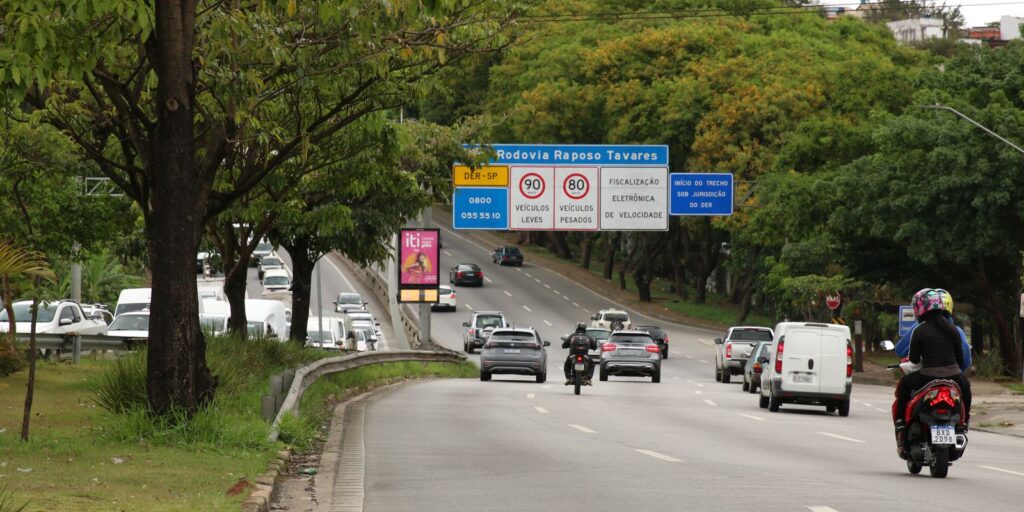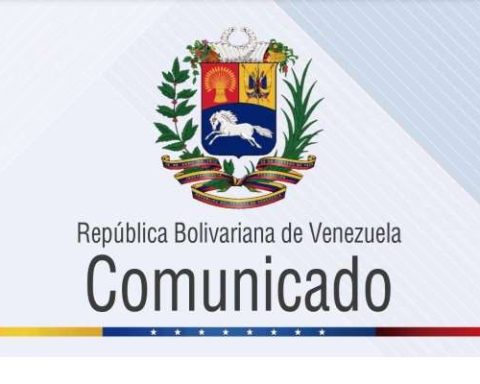Ultimately it did not prosper. This was the debut of the proposal that Comptroller Jorge Bermúdez slipped, on a new type of decree with adequate force of law. The purpose of the tool was to speed up by the Executive the processing of constitutional norms so that they would not become a “dead letter” if the Legislative System did not comply with a term imposed by the Convention to process said issues, such as those related to the administration of the State.
Part of the negotiations were the representative of the Broad Front in the commission, Constanza Schonhäut and Jeniffer Mella; Tomás Laibe and César Valenzuela from the Socialist Collective also joined Maximiliano Hurtado who, although not part of Transitorias, fulfills the role of political coordinator of the group of socialists and independents; from the Marcos Barraza Communist Party; from Independents for a New Constitution or Non-Neutrals (INN) were Patricia Politzer and Javier Fuchslocher; from Constituent Social Movements, the coordinator of the commission Elisa Giustinianovich, Janis Meneses and Carolina Vilches, who is not part of the space but has been devoted to the norms that have to do with water; of the Loreto Vallejos Constituent Town; of the Plurinational Coordinator Tania Madriaga and Marco Arellano; and from Reserved Seats, Adolfo Millabur and Félix Galleguillos were spokespersons.
To be approved within the commission, these indications, together with those presented by the center-right with the Collective of Approval on the political system, Constitutional Court, waters and mines, will need 3/5 of the members, that is, 20 votes.
What this consensus reaches will be borne on Saturday by the total of conventional in plenary. In the Chamber, an article will require a quorum of 2/3, 103 conventional, to pass the draft of the new Constitution, and if it is rejected, the Transitory Norms Commission will have a second and last opportunity to present it. It should be noted that on Tuesday night those who were part of the agreement of almost the entire center-left assured that, due to the number of matters and their complexity, it is most likely that this Saturday in the plenary vote several articles will be rejected in order to that they return to the commission and thus have more time for discussion between the different groups.
The objections to the decrees with the force of law adequate
According to the Library of the National Congress, the Decrees with Force of Law (DFL) correspond to “normative bodies that emanate from the President of the Republic and that fall on legal matters, by virtue of a delegation of powers from Parliament.”
What Comptroller Jorge Bermúdez proposed during his visit to the commission last week is that the Convention could order the Executive to adapt existing regulations to the new Constitution through decrees with the force of law (DFL) for limited topics, excluding the creation of new organs.
Those attending the meetings held on Tuesday assured that it was not an issue that was touched on around the joint construction of the transitory norms. From the Communist Party they assured that it was not put on the table because there was not enough floor in the commission or in the total of the Convention for it to prosper.
“It was never in anyone’s design that the new Constitution be implemented by decree by force of law, it was discussed regarding some particular discussions, it was never a general rule,” said Cesar Valenzuela of the Socialist Collective.
Patricia Politzer explained that INN did not see this tool with good eyes “we believe that it is the Legislative Power that should carry out this process. Unless it is an exceptional case, extremely exceptional to put it in some way, in which the Executive is required to enact a special law for a specific reason, it does not seem like a good way to put the new Constitution into force.
An initiative that did prosper and that was discussed in other terms during the meetings with the Comptroller and Minister Giorgio Jackson (RD) was the creation of a commission for the Implementation of the new Constitution that will report to the Segpres.
The idea of using decrees with the force of law was criticized days before by senators Álvaro Elizalde (PS) and Matías Walker (DC). The first assured that “it is the dictatorships that resort to decrees” and the second that it was “profoundly anti-democratic.”
Instead, it was supported by the minister of the Segpres Giorgio Jackson (RD), and the minister of the General Secretariat of Government Camila Vallejo (PC) who assured on Tuesday that there will be matters that “probably will require a more rapid adaptation to give continuity to services, to be able as a Government and as a State to call for public tenders, and that they are not trapped or hindered by the adjustments that have to be made”.
Cristóbal Osorio, lawyer and professor of Constitutional Law at the University of Chile, raised with The counter that this type of incentive would not be needed for the Constitution to materialize if it is approved, since according to the lawyer, the Magna Cartas have direct effect: “In the event that laws are not enacted, it will be the courts of the Republic that through their rulings they will give full effectiveness to the Constitution.”
He argued that in the event that the appropriate laws are not enacted within the deadlines and if the social rights included in the new Constitution are not fulfilled, “who are called to punish that execution? Citizens through the expression of the vote. Believing that there is a public morality based exclusively on the Executive, can give rise to certain types of covert authoritarianism, because the veto that would be made to Congress would be sweetened.
He was emphatic in criticizing that “granting the power to the Executive itself to regulate itself with respect to the parameters set by the Constitutional Convention seems to me to be an extremely serious conflict of interest.”
Octavio Avendaño, doctor in Political Science and professor at the Department of Sociology at the University of Chile, assured that “by proposing this type of initiative, an important representative body such as the National Congress is being violated”, which would leave us “facing a new style of government where there are no checks and balances or control”.
He postulated that concretizing this exercise “would destroy the famous discourse of attenuated presidentialism. We would have a much more extreme presidentialism than the one we have known throughout the political history of our country.”
Finally, he explained that it is the representative bodies that define the laws that allow the constitutional norms defined in the framework of a constitutional change to be specified and, according to the lawyer, governing through the use of decrees with the force of law could be a tool to “overcome the opposition of the National Congress and the discrepancies that even arise on the part of the party to which the President of the Republic belonged”.



















